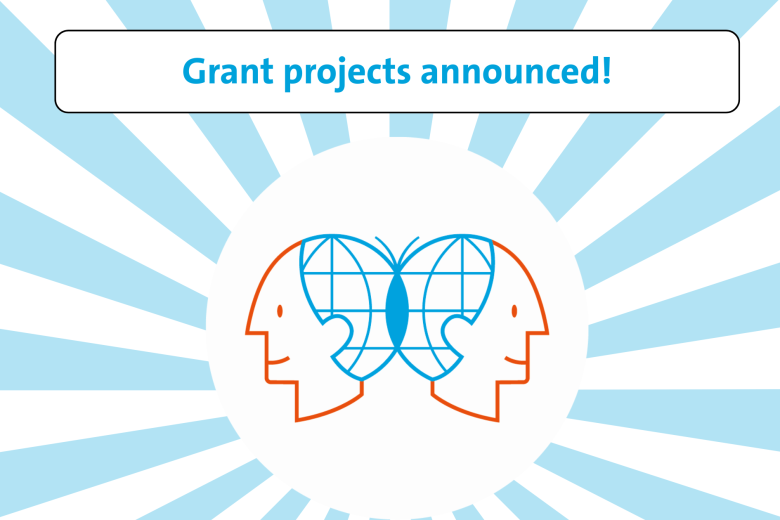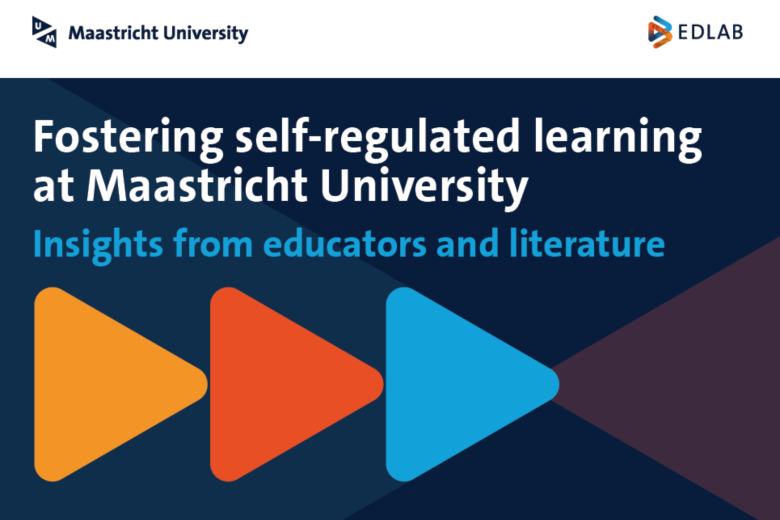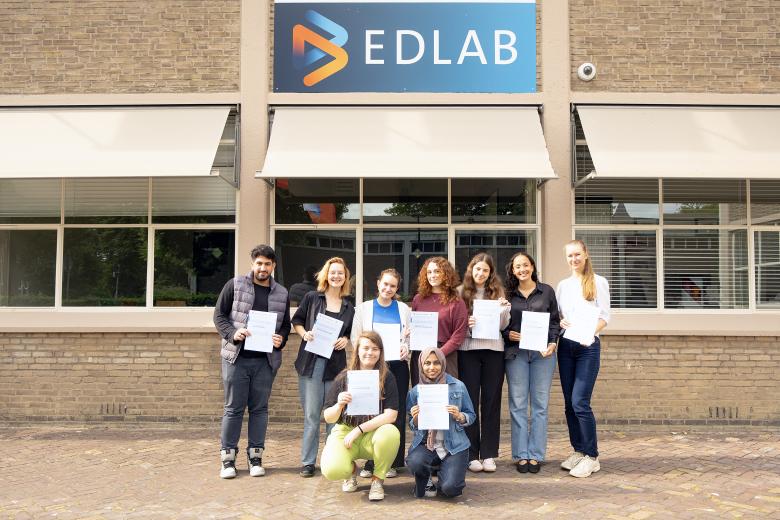Information on AI & Education at Maastricht University
EDLAB has collected information to update the UM Teaching & Learning community about the recent advancements in AI and how they may affect education at Maastricht University.
“The AI & Education at UM webpages aim to assist educators in incorporating AI into their teaching while also safeguarding their education from potential risks,” said Walter Jansen, Sr. Coordinator Education Innovation at EDLAB.
This information provided will be particularly relevant to those involved in educational design, delivery, and assessment and also to staff involved in educational leadership. The focus is on suggesting ways to meaningfully use AI tools in Problem-based learning (PBL) education as well as taking precautions to mitigate any potential risks.
The webpages on AI & Education at Maastricht University were compiled by Walter Jansen and Bianca Massaci, a Master’s student at the Department of Advanced Computing Sciences. The pages clarify the main concepts and provide generic tips on how to remain open to ongoing developments in AI applications for education and assessments while being mindful of potential risks. “We used various resources, including faculty fact sheets and academic literature,” said Walter. “The pages also highlight a series of events and initiatives related to AI and education.”
The current information examines the educational implications of two AI applications: Large Language Models such as ChatGPT, and Learning Analytics. “While Learning Analytics is not AI in itself, the algorithms used to analyse learning data are an example of AI in education,” Walter explained, adding that the pages will be updated and continue to expand as more AI applications are expected to have an impact on education.
Also read
-
Three UM initiatives win Global Citizenship for Sustainable Development grants
We are proud to announce that three projects have received funding from the Global Citizenship for Sustainable Development network at Maastricht University.

-
Research report: Fostering self-regulated learning at Maastricht University – Insights from educators and literature
Drawing on academic literature, good practices, and the experiences of UM teaching staff, this handbook outlines what SRL is, how it connects to our CCCS educational model, and how it can be applied in day-to-day teaching. It includes concrete examples, tools, and reflections from colleagues across...

-
ESAB students receive certificates for their contributions in 2025
In the academic year 2024-2025, 11 UM students joined the EDLAB Student Advisory Board (ESAB) and contributed their ideas to cross-faculty discussions on teaching, learning, and educational innovation.
